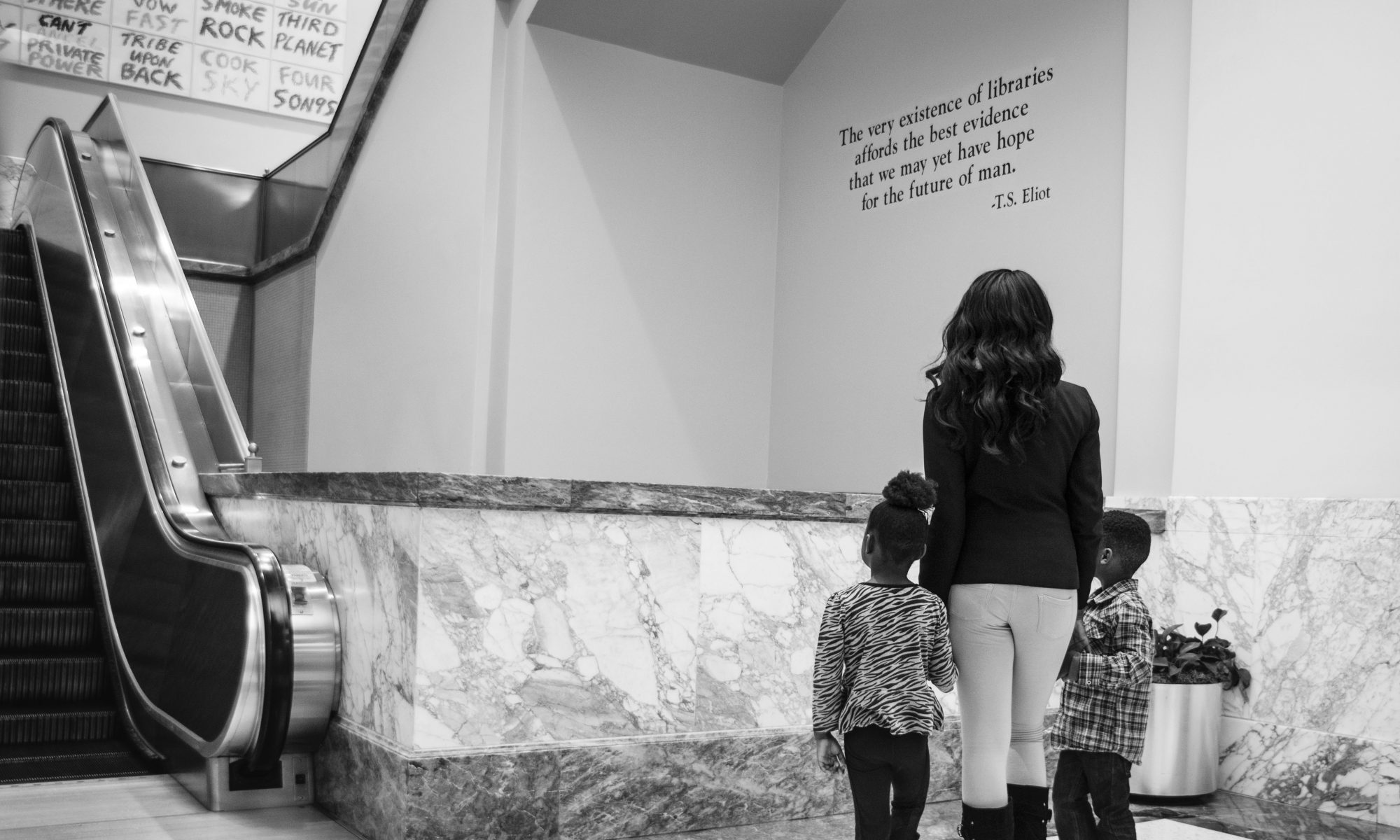Laura Hibbler, Editor
The RUSA History Genealogy Achievement Award committee met (in person at ALA Midwinter and virtually). The Committee finalized the citation for their award winner, Michele C. McNabb, Library Manager, Genealogy Center, Museum of Danish America.
RUSA History Genealogy Pre Conference Planning committee had a successful pre-conference with about 100 attendees. The speakers and topics were:
- “Seventeenth-Century New England Research,” Lindsay Fulton, from the New England Historic Genealogical Society
- “Migrations Out of New England,” Christopher C. Child, from New England Historic Genealogical Society
- “Learning about ‘Good’ Genealogy: Educational Opportunities and Testing,” Elissa Scalise Powell, CG , CGL
The New England Historic Genealogical Society invited all attendees to a tour of their facilities, followed by a reception.
History Section members enjoyed an informal meet-up during ALA Midwinter, at Jaho Coffee Roaster and Wine Bar.
Approximately 18 people attended the History Section’s tour of the Boston Athenaeum at ALA Midwinter.
RUSA History Librarians Discussion Group held an excellent session during ALA Midwinter. Eileen M. Bentsen, Baylor University Libraries, writes with the following notes about the discussion:
The Discussion Group (DG) focused on two topics of interest to members: digital tools for history, and the ACRL Framework and RUSA IL Guidelines for UG History Students: Beyond the Classroom. Both topics generated lively and useful discussion among the attendees who represented public, academic, and special libraries, historical societies and museums, and individuals from tech start ups wanting to work with history librarians to better promote services, collections, and tools.
Eileen Bentsen (convener of the DG) opened the digital tools portion of the discussion by sharing the “Tools” page from her colleague’s LibGuide on digital scholarship tools – chosen because they are all freely available on the web and most don’t require a long learning curve (Megan Martinsen. Digital Scholarship: Tools, http://researchguides.baylor.edu/c.php?g=399080&p=2712185). Discussion followed on what each tool could do, who might have used them, and a list of other tools and sites recommended from the attendees.
Many of the institutions present did not have a digital humanities librarian working within or with their institution and the website The Programming Historian (http://dhcommons.org) was recommended as a good starting place for independent learning. It was also suggested that the links provided during this discussion be added to the existing Library of Congress and/or Digital Public Library of America web site. Eileen agreed to follow up on this.
The group next moved on to a discussion of the ACRL Framework, ACRL IL Guidelines, and RUSA IL Guidelines for UG History Majors and how to move the use of these tools beyond the traditional classroom. Copies of all three documents were shared among those present. Attendees focused on the “scholarship as conversation” portion of the ACRL Framework and how this aspect would be most useful in non-academic settings as a way to address several common issues. Issues included:
- incorporating these items (esp. the RUSA IL Guidelines) in the teacher training workshops that many of the institutions participated in
- introducing these documents into discussions with educators, board members, and other stakeholders as a means of demonstrating the authority and ownership librarians, archivists, and library staff have in the educational mission of the institution
- could the Guidelines be used as the design principle in designing an institution’s website
- use the Guidelines and Framework with State History Day organizers to provide a more realistic time schedule for the research involved in these projects
Among the topics which generated the most discussion was the use of these documents as a tool to explain the ethical issues involved when working with primary source materials.
A full list of links is posted on ALA Connect at http://connect.ala.org/node/249210 and will be mailed to attendees. Other methods of dissemination are also being considered.
